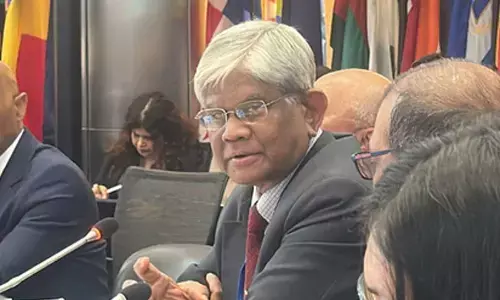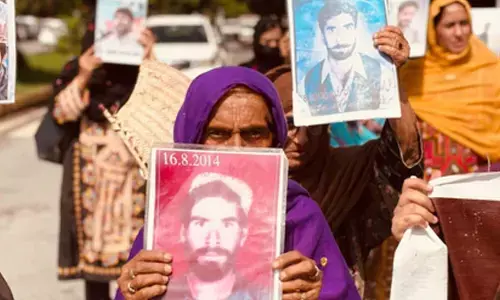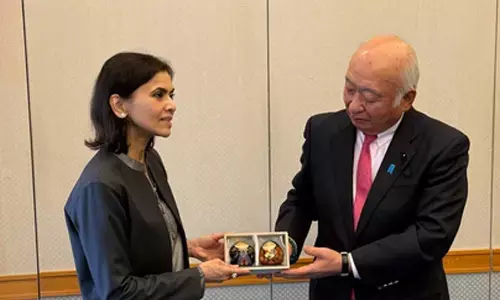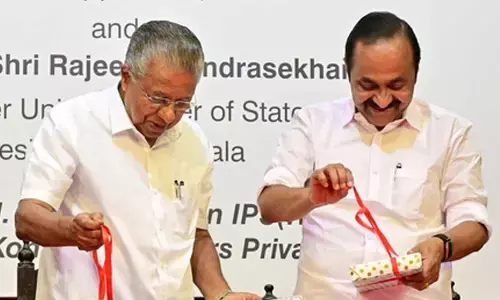Seniority benefits after joining service, can't earned retrospectively: Supreme Court
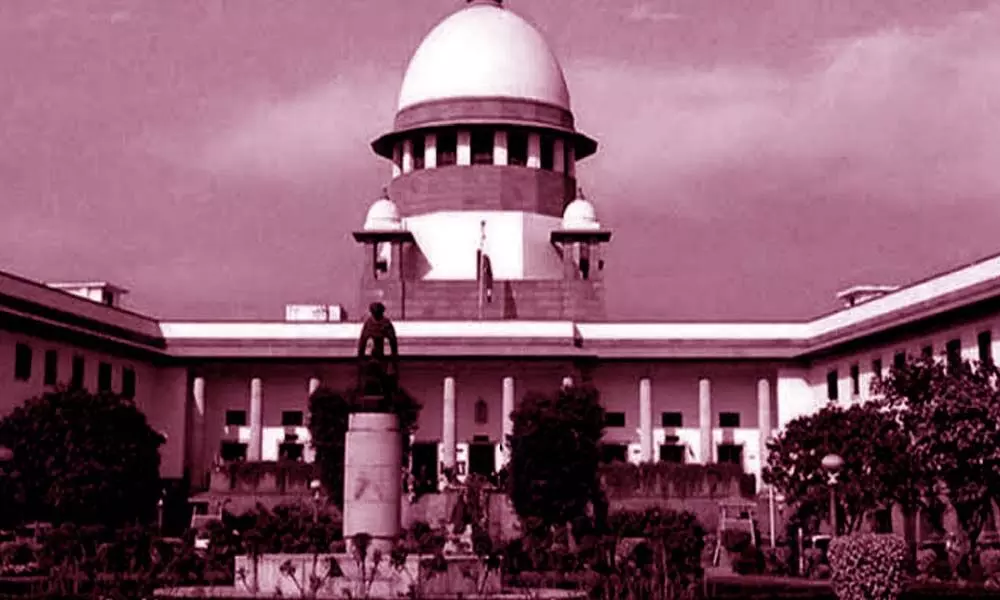
Supreme Court (File/Photo)
The Supreme Court on Tuesday said seniority benefits can be accrued only after a person joins service and to say that benefits can be earned retrospectively would be "erroneous".
New Delhi: The Supreme Court on Tuesday said seniority benefits can be accrued only after a person joins service and to say that benefits can be earned retrospectively would be "erroneous".
A bench of Justices R. Subhash Reddy and Hrishikesh Roy said: "The jurisprudence in the field of service law would advise us that retrospective seniority cannot be claimed from a date when an employee is not even borne in service."
The bench also added that it is also necessary to bear in mind that retrospective seniority, unless directed by court or expressly provided by the applicable rules, should not be allowed. "Seniority benefit can accrue only after a person joins service and to say that benefits can be earned retrospectively would be erroneous," it added.
Hearing an appeal filed by the Bihar government against the Patna High Court order, which allowed a plea by a man seeking retrospective seniority, the top court said: "We are of the considered opinion that the High Court was in error in granting retrospective seniority to the respondent."
In the present case, the top court said it is not a case of recruitment by selection, rather a compassionate appointment made on court's order. "The court's direction to the state was to appoint within one month without specifying that the appointment should have a retrospective effect," it noted.
The top court noted that the man's father was working as a home guard and after he died in harness, the son applied for a compassionate appointment. The committee recommended him along with others, in 1985 as one of the persons shortlisted. However, he could not meet the physical standards, and challenged this in the high court. The high court allowed his appointment for Class IV post, and in February 1996, he was appointed on the order issued by the Commandant of the Bihar Home Guard.
In 2002, he claimed seniority from December 5, 1985, but his claim was rejected on the ground that he was only appointed in 1996. The authorities pointed out that he was not borne in service as of 1985, but the high court directed that his seniority be considered from December 5, 1985.
The apex court noted the man is claiming seniority benefits for 10 years without working for a single day during that period, and over other regular employees who have entered service between 1985 to 1996. In this situation, the seniority balance cannot be tilted against those who entered service much before the respondent, it held.










